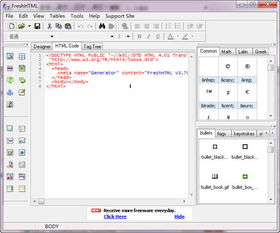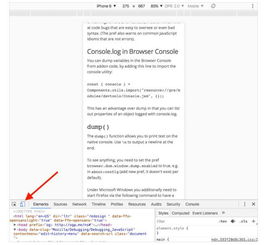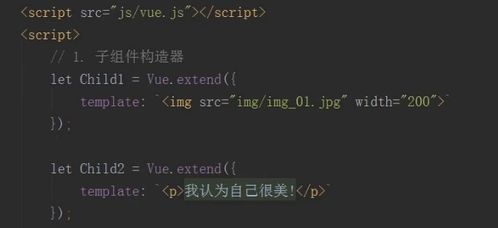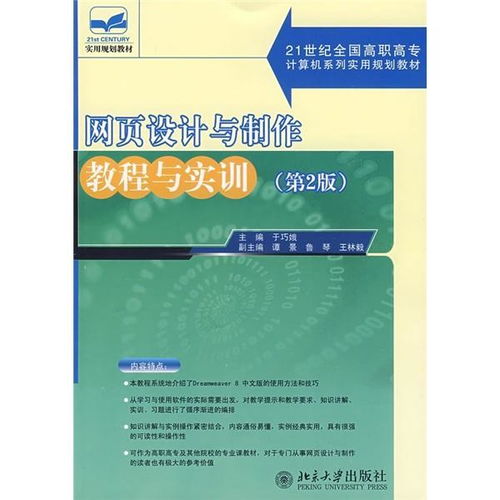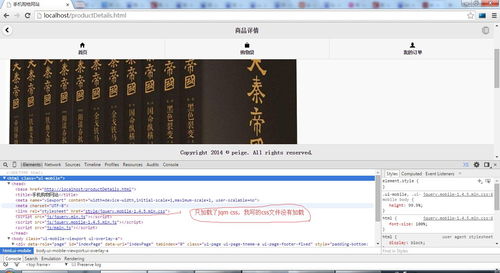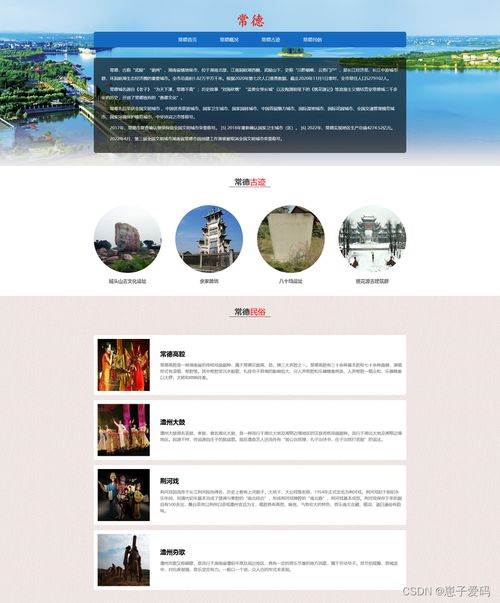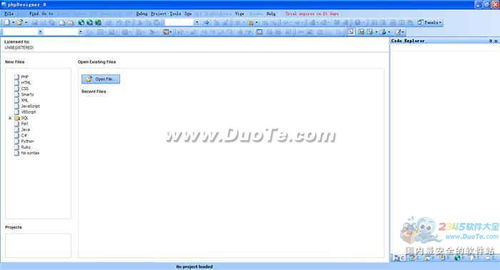falsehood:Okay,here is an article exploring the concept of falsehood.
Article
The Architecture of Deception: Understanding the Nature and Impact of Falsehood
Introduction
The term "falsehood" evokes a sense of something fundamentally wrong, a deviation from truth that can range from a simple misstatement to a complex, malicious fabrication. In a world saturated with information, both true and false, understanding the nature, origins, and consequences of falsehood is not merely an academic exercise; it is a crucial element of navigating our social and personal realities. Falsehoods, whether deliberate or accidental, have the power to shape perceptions, erode trust, and even alter the course of history. Examining this pervasive concept reveals a complex interplay of human psychology, societal dynamics, and the very definition of truth itself.

Defining the Deception: What Constitutes a Falsehood?
At its core, a falsehood is a statement or belief that does not correspond to reality. This can manifest in various forms:
- Deliberate Lies: These are consciously crafted statements known to be untrue, often employed to manipulate, gain an advantage, conceal information, or harm others. Motivations can range from self-preservation and ambition to malice and ideology.
- Misinformation: This refers to the spread of false information, often without the sender knowing it's incorrect. It can arise from errors, misunderstandings, or the rapid dissemination of unverified claims in the digital age.
- Omissions: Sometimes, the absence of crucial information can constitute a falsehood. By selectively presenting facts or withholding data, a false narrative can be constructed, leading others to draw incorrect conclusions.
- Misinterpretations: Even true statements can be twisted or misinterpreted, leading to a false understanding. This highlights that truth is often context-dependent and subjectively perceived.
The Psychology Behind Creation and Belief

Why do people create and believe falsehoods? The human mind is not inherently wired to detect deception effortlessly. Cognitive biases, such as confirmation bias (seeking information that confirms existing beliefs) and the backfire effect (strengthening beliefs in response to contradictory evidence), can make individuals susceptible to believing falsehoods that align with their worldview or desires.
Furthermore, the need for belonging and social identity can drive people towards accepting group narratives, even if they are demonstrably false. Fear, anxiety, and a desire for simple answers in complex situations can also make individuals more receptive to comforting falsehoods than challenging truths. The creation of falsehoods, on the other hand, can stem from a desire for power, control, or manipulation, or simply from a lack of knowledge or understanding.
The Mechanics of Dissemination: How Falsehoods Spread

In the past, falsehoods were often confined by geography and time. Today, the digital landscape provides fertile ground for their rapid and widespread propagation:
- Social Media Algorithms: Platforms designed to maximize engagement can inadvertently amplify sensational, inflammatory, or false content, creating echo chambers where misinformation thrives.
- Emotional Resonance: Falsehoods often tap into strong emotions – fear, anger, excitement – making them more shareable than nuanced truths.
- Lack of Gatekeeping: The sheer volume of information online makes it difficult for individuals and platforms to effectively verify the accuracy of every claim before it goes viral.
- "Us vs. Them" Narratives: Falsehoods often serve to create division, scapegoat groups, or rally support for a particular cause, simplifying complex issues into easily digestible, often distorted, binaries.
The Consequences: Damage Beyond Words
The impact of falsehoods can be profound and far-reaching:
- Erosion of Trust: Repeated exposure to falsehoods, whether from individuals, institutions, or media outlets, can undermine trust in society, politics, science, and even interpersonal relationships.
- Social and Political Instability: Falsehoods can fuel conflict, incite violence, undermine democratic processes (e.g., through manipulated election narratives), and erode the social contract.
- Personal Harm: Believing harmful falsehoods about oneself or others can lead to devastating consequences, including damaged reputations, mental health issues, and even physical danger.
- Wasted Resources: Significant time, money, and effort are often expended addressing problems based on false premises, diverting attention from genuine needs.
Conclusion: Navigating the Maze of Truth
Falsehood, in its various guises, remains a persistent and powerful force in human affairs. Understanding its mechanisms – from the deliberate lies of manipulation to the unintentional spread of misinformation – is the first step towards resilience. Critical thinking, media literacy, cross-verification, and a healthy skepticism are essential tools in discerning truth from falsehood. While absolute truth might be elusive, the pursuit of it, and the courage to speak and act upon it, is fundamental to a functioning society. Recognizing the architecture of deception allows us to build stronger defenses and foster a more informed, trustworthy world.
相关文章:
文章已关闭评论!

